Glycol in Closed Systems
Your essential guide to freeze protection, system efficiency and the myths you need to stop believing
What Exactly IS Glycol?
Think of Glycol as your heating system’s winter coat. It’s a specially formulated chemical solution that lowers the freezing point of water in your closed heating and cooling systems.
The Simple Science
Pure water freezes at 0°C. Add the right Glycol mixture, and that same water won’t freeze until -15°C or lower.
Not just any Glycol: HVAC systems use propylene Glycol (food-grade, non-toxic) with special corrosion inhibitors – completely different from the toxic stuff in your car.
It’s chemistry working for you: The Glycol molecules literally get in the way of ice crystal formation, keeping your pipes liquid and your system intact.
Why Glycol? The Benefits That Actually Matter

Freeze Protection
Prevents catastrophic system damage from frozen pipes during cold snaps. A burst heating system costs far more than proper Glycol protection.

Enhanced Heat Transfer
Quality Glycol solutions can actually improve heat transfer efficiency when properly mixed and maintained at the right concentrations.

Corrosion Protection
Modern inhibited Glycols protect your system components from corrosion, extending equipment life significantly when properly managed.

System Longevity
Proper Glycol treatment reduces maintenance costs and extends system life, delivering long-term value for your investment.
The Cold Hard Facts About Frozen Systems
- £15k+ Average cost of burst pipe damage in commercial buildings
- -6°C Temperature at which unprotected systems typically freeze
- 48hrs Maximum time systems can survive sub-zero without protection
- 300% Increase in emergency callouts during cold snaps
Glycol Myths That Need to Die
MYTH: Glycol is just antifreeze from your car
TRUTH: Automotive antifreeze contains toxic ethylene Glycol. Closed heating systems use specially formulated propylene Glycol with corrosion inhibitors designed specifically for HVAC applications. They’re as different as orange juice and orange paint.
MYTH: More Glycol is always better
TRUTH: Wrong! Over-concentration reduces heat transfer efficiency and wastes money. Most UK systems need 25-35% concentration maximum. More isn’t better—it’s expensive inefficiency.
MYTH: Once you add Glycol, you’re done forever
TRUTH: Glycol degrades over time, loses its protective properties, and needs regular testing and top-ups. Ignoring maintenance turns your expensive protection into expensive sludge.
MYTH: Any Glycol will do the job
TRUTH: Different systems need different formulations. Aluminium components, high-temperature applications, and solar thermal systems all have specific requirements. One size doesn’t fit all.
Critical Things to Watch Out For
Concentration Drift
Glycol concentrations change over time through evaporation and system leaks. Regular testing is essential – too little offers no protection, too much kills efficiency.
pH Management
Glycol solutions can become acidic, causing severe corrosion. Without proper inhibitors and pH control, your “protection” becomes destruction.
Temperature Limits
High temperatures break down Glycol faster. Systems running above 80°C need special formulations and more frequent monitoring.
Biological Growth
Degraded Glycol can actually feed bacteria. Poor maintenance turns your system into a bacterial brewery – not exactly the protection you paid for.
The HCS Approach: Getting Glycol Right
Our thirty years of experience has taught us that successful Glycol treatment isn’t about guesswork – it’s about precision, monitoring, and expertise.
1. System Assessment
We analyse your system design, operating temperatures, and material compatibility to determine the optimal Glycol specification.
2. Precise Mixing
Professional mixing ensures the exact concentration needed for your protection requirements without compromising efficiency.
3. Regular Monitoring
Scheduled testing tracks concentration, pH, and inhibitor levels to maintain optimal protection and system performance.
4. Maintenance & Top-ups
Proactive maintenance keeps your Glycol protection effective and your system running efficiently year after year.
Don't Let Your System Freeze This Winter
As part of Premier Technical Services Group Ltd (PTSG), HCS Water Treatment brings thirty years of specialist water engineering expertise to every project.
Get Expert Glycol Advice
Phone: 0141 212 7247
Don’t worry about compliance, you’re in safe hands with us.

